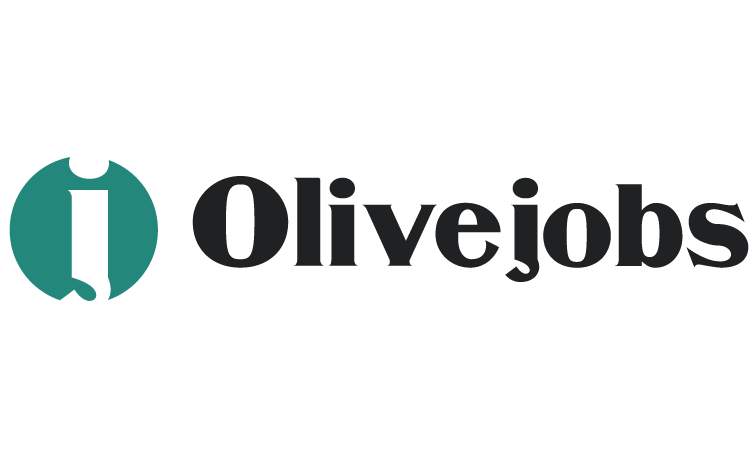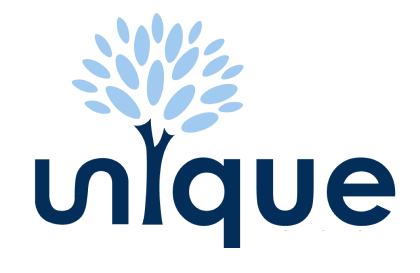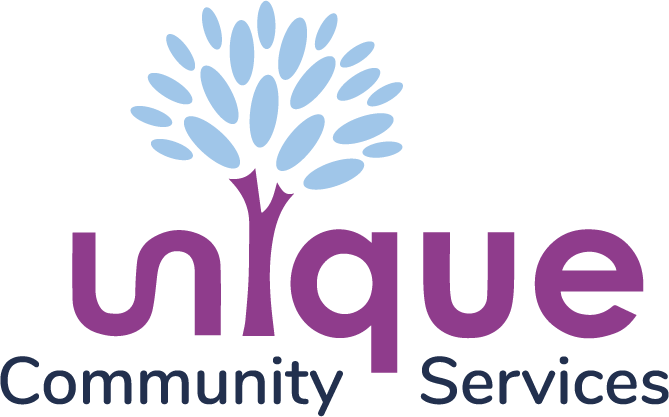Beyond Silicon Valley
ASHLEIGH FOX'S THOUGHTS
Beyond Silicon Valley
Table of contents
The tech industry is founded on innovation, creativity and growth. Operating in a highly competitive landscape, firms are required to think outside the box in order to stay ahead of the game.
It’s no surprise then, (and it makes absolute sense) to find that this industry is a pioneer in harnessing the power of a neurodiverse workforce; employing staff that naturally possess a different way of thinking when it comes to problem solving, and can pay close attention to detail for extended time periods while also being gifted with the ability to work well with numbers and patterns.
And in case you were wondering, this is not a publicity stunt. These tech companies are indeed reaping the benefits of this strategy – for example, German cloud software company, SAP reported that in an Autism at Work programme, autistic employees helped to generate ‘significant innovations’ and in one specific instance, an employee on this programme helped to develop a technical fix worth an estimated US$40m in savings.
So what does this mean for other businesses?
The good news is that, just like any neurotypical person, not all neurodiverse people have an interest in technology, and they also possess other skill sets besides being a whizz at numbers, or having laser sharp focus for hours on end.
It means that companies in many other industries have the potential to take advantage of the other incredible skills that neurodiverse individuals have to offer, including creativity, high energy levels, the ability to see the bigger picture, and much more.
For instance, people with ADHD are generally characterised as energetic and creative and thrive on variety and high adrenaline situations. Off the bat, roles that come to mind include chefs, fast paced marketing roles and roles in the Emergency Services.
Dyslexics (such as Lord Sugar, Jamie Oliver and Richard Branson) are known for their ability to see the bigger picture, have excellent problem solving skills, and they tend to have good spatial awareness; some dyslexics are also very skilled verbal communicators. These characteristics are useful in careers in design and photography, even journalism as well as in (you guessed it!) leadership and entrepreneurial roles.
Autistic individuals are well known for their attention to detail, logical thinking and their ability to retain information. They make excellent copywriters, policy advisors and researchers. Just think of the incredible work and influence of people like Temple Grandin, Greta Thunberg and Elon Musk. These individuals have changed societal views on a global scale, by looking at logic and science, and by thinking outside the box.
By no means is this list a way of limiting the skills and job roles of the neurodiverse population. It’s simply an example of what immense talent is out there for businesses in other industries, waiting to be tapped into and used to their fullest potential, just as the tech giants do.
Is competitive advantage as simple as hiring someone on the spectrum?
Neurodiverse individuals have their own unique passions and skill sets, and when given a chance to explore these passions, they could often become fixated and may even demonstrate an unrivalled level of dedication to getting a task completed. However, businesses must be willing to make the necessary adjustments to suit their needs, and only then we can expect to see the real magic happening.
For instance, starting with the interview process, most companies expect candidates to maintain frequent eye contact and a calm composure, without getting distracted or being too fidgety. In many situations, interviewers will assess a candidate’s level of emotional intelligence and team player skills to determine their fit with internal culture. For people on the spectrum, these expectations can difficult to meet, so it often results in them being cast aside and overlooked by the hiring team.
What’s more is that once hired, neurodiverse individuals may also require reasonable adjustments: such as special additions, alterations or exceptions to be made to their workspace, like being able to wear headphones in an open plan office or providing them with a quiet room to work in so as to prevent overstimulation. Social norms like casual office chat, handshakes and eye contact may also need to be adjusted in order to help these individuals to perform at their best.
A worthy investment
Looking at the bigger picture, making these adjustments to accommodate the neurodiverse population feels like a minor consideration when compared to the potential rewards that companies can reap in the future. After all, isn’t competitive advantage all about being able to invest in processes, technology or staff in order to stand out, to be different and to provide greater value through a different way of thinking?
Share This Story













 Go Back
Go Back




